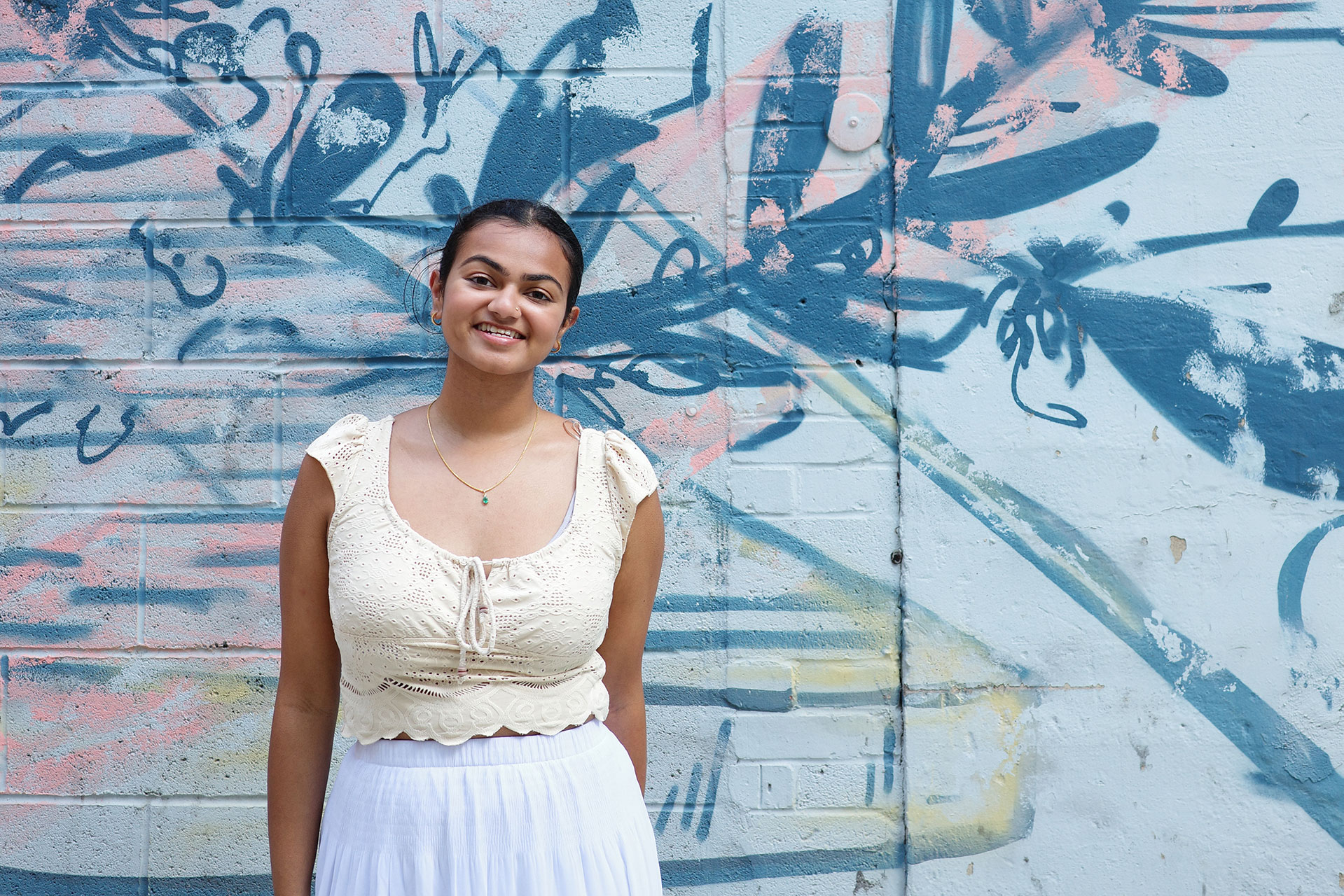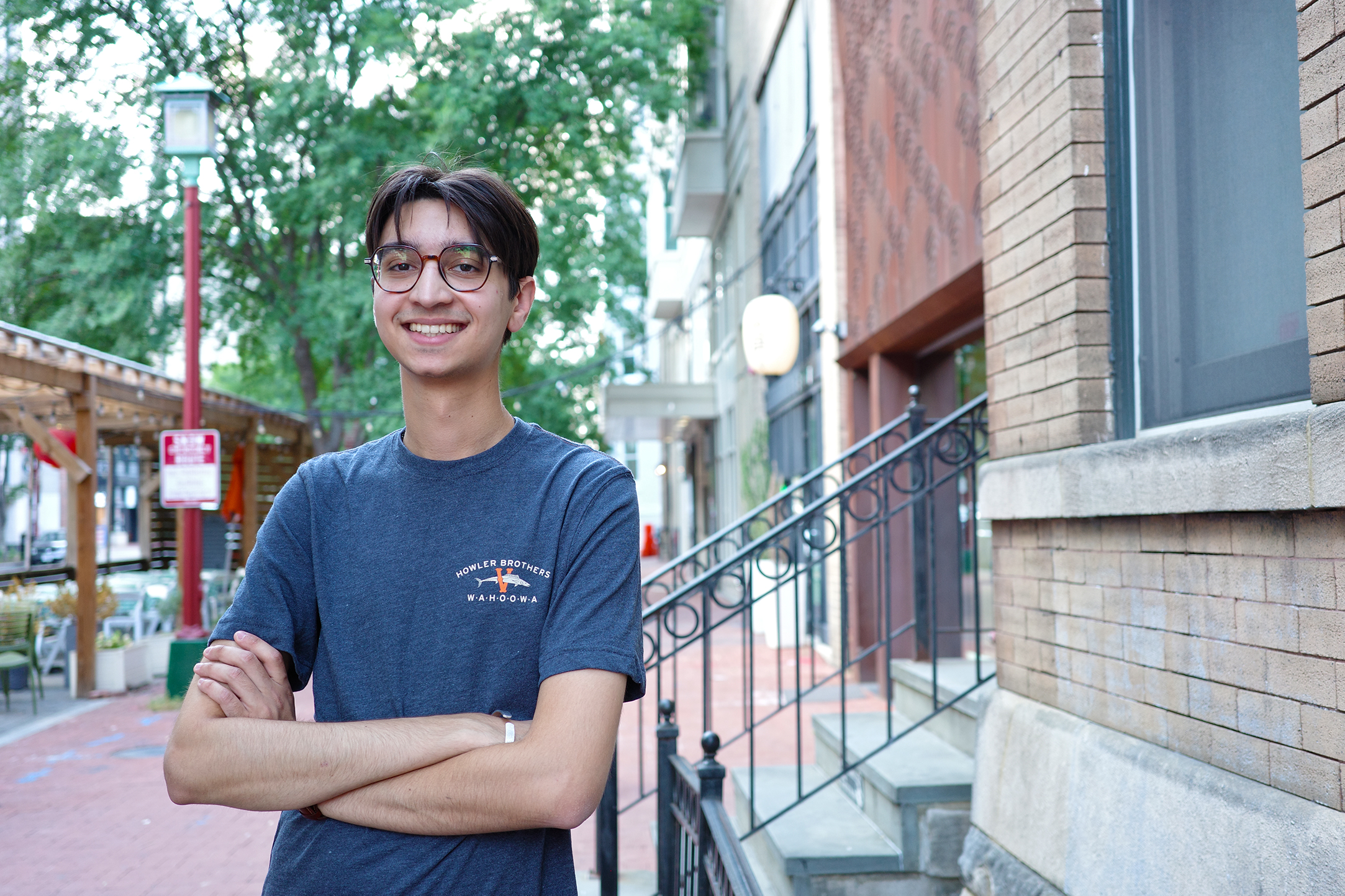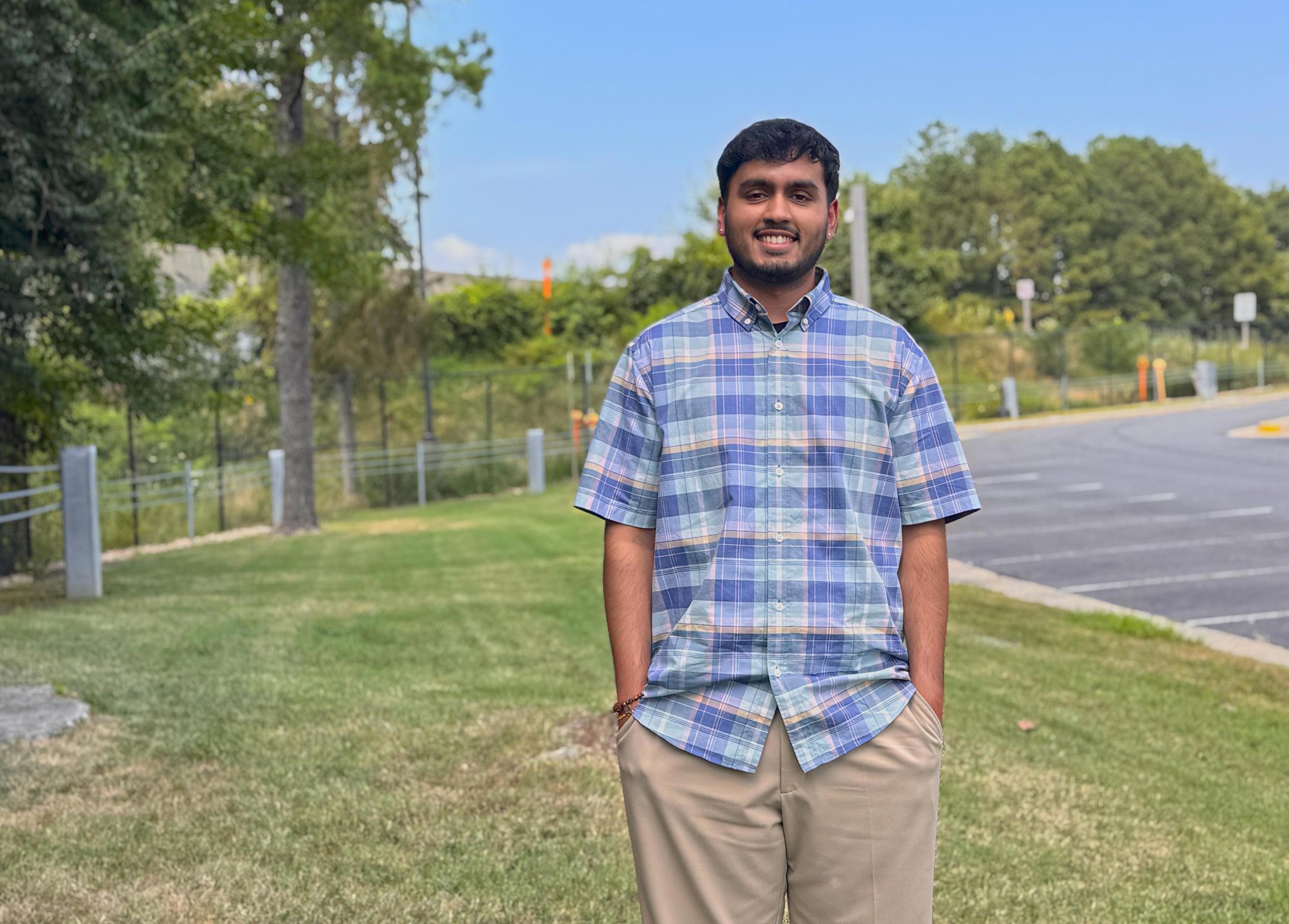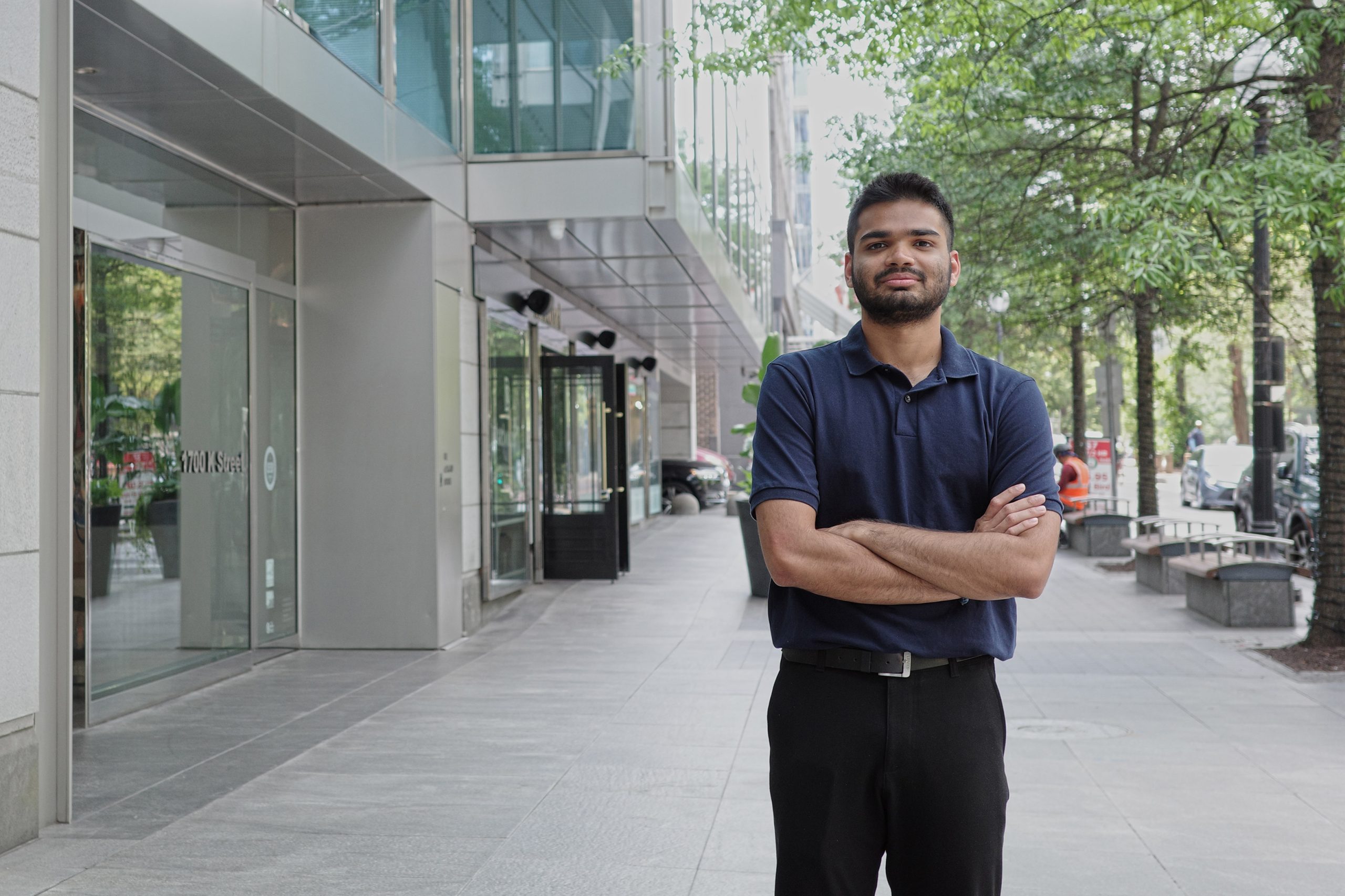In my early years, I grew up deeply engaged in my heritage and culture. I started classical singing at age 4 and dance at age 5, forming bonds with people who shared similar interests and backgrounds. These cultural activities definitely helped me navigate my Indian-American identity. While pop culture has been something that I am more in-tune with on the American side, having Indian cultural activities as a connection to my heritage helped me hold on to a piece of my homeland. Growing up, I always had a strong sense of community. My parents built close relationships with South Asian families they met when they first immigrated to the U.S., and I always had a strong support system behind me, no matter what.
When it came to building my own community, school was the place where that truly happened. In elementary school, it was as simple as walking up to someone on the playground. As I got older, I made friends through summer camps and extracurriculars where people shared similar interests. I had Christian and Muslim friends growing up, and our friendships were never defined by our faiths. When we did talk about religion, it came from a place of curiosity, sharing the unique traditions and customs that shaped our experiences. I especially loved when we discovered similarities across our faiths, as well as the subtle differences that made each tradition distinct. Many of my friends belonged to minority religions from India, and I was always fascinated by how religious figures were portrayed differently across cultures.
My friends Rhea and Asha, who I grew up with, are Tamil Christians. They would always join us for Diwali celebrations, and we would go to their house for Christmas parties. Our families often vacation together, usually around the holiday season. Whenever we’re abroad during Christmas, we make it a point to attend church for mass, knowing how meaningful it is to them.
One small gesture I’ve always appreciated is how we all make the effort to acknowledge each other’s holidays. My friends of other faiths wish me on the festivals I celebrate, and I do the same for theirs. It means a lot to know they think of me on a day that may not hold personal significance for them, and it’s something I deeply value and cherish in our friendship.
As I grew older, I had to go through a process of unlearning. Growing up Hindu, I wasn’t always taught the most accurate or respectful perceptions of Muslims. Stereotypes such as the idea that Muslims disrespect women’s rights or engage in forced conversions were casually repeated around me, often without question. But as I made more Muslim friends and meaningful connections, I came to understand how deeply rooted these misconceptions were in prejudice rather than truth. Learning about Islamic culture in school and the intricacies that exist within the long history of the religion helped reshape my understanding, offering an unbiased perspective that challenged what I had been taught. Even now, I often find myself defending my Muslim friends to relatives who still hold onto these misconceptions. I make it a point to push back and say, “You’re not thinking the right way,” and I try to break through their ignorance by sharing accurate information about Muslims and other marginalized communities.
I wish we could focus more on the unifying aspects of our religions, the values and experiences that tie us together. Today, religion has become one of the primary sources of division in India, but if we learn to respect each other’s differences, we may come to see that we’re all seeking the same meaning and purpose in life.
My concern for the Indian-American community is that second, third, and future generations may fall into the same toxic cycles of judgment and prejudice that many of us grew up with. I already see signs of this pattern repeating among my peers, and I fear for the future of our children. We all need to extend a little more grace to one another and recognize that not everyone’s path looks the same. In an ideal India or Indian diaspora, I hope people will seek out diverse friendships and avoid living in echo chambers. Listening to different perspectives is essential to breaking free from the confirmation bias that often limits our growth as individuals and as a community.
We need to recognize that we have the power to break the cycle of toxicity. If I had a microphone to the entire Indian diaspora, I would begin by expressing my deep gratitude for having grown up in a close-knit South Asian community in Northern Virginia. Even without having lived in India, I’m thankful to remain connected to my Indian heritage. But we must be willing to do the work of self-reflection and growth, so we can break free from the limiting molds passed down by previous generations.




